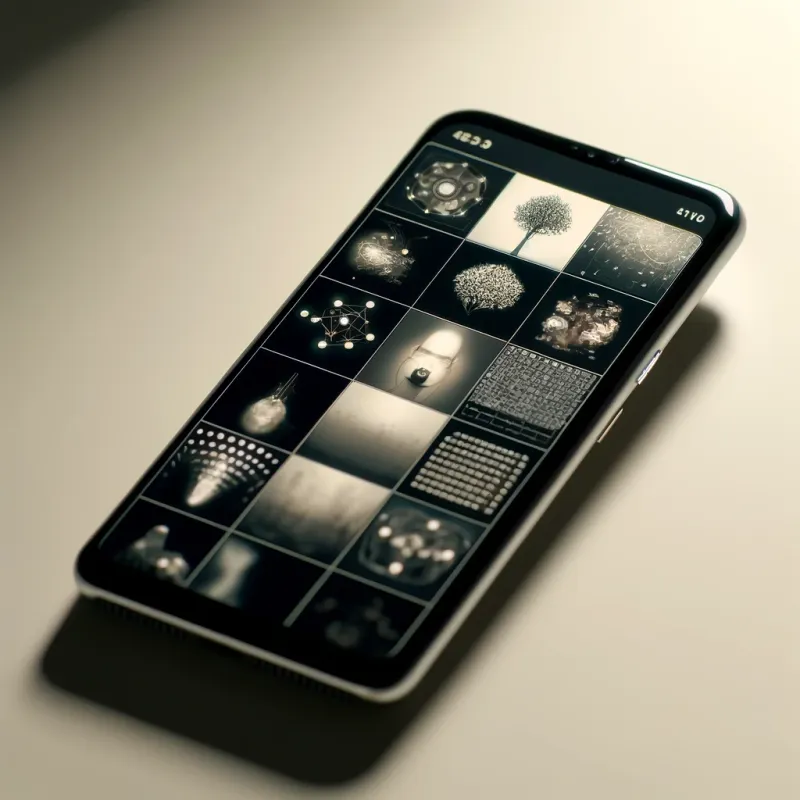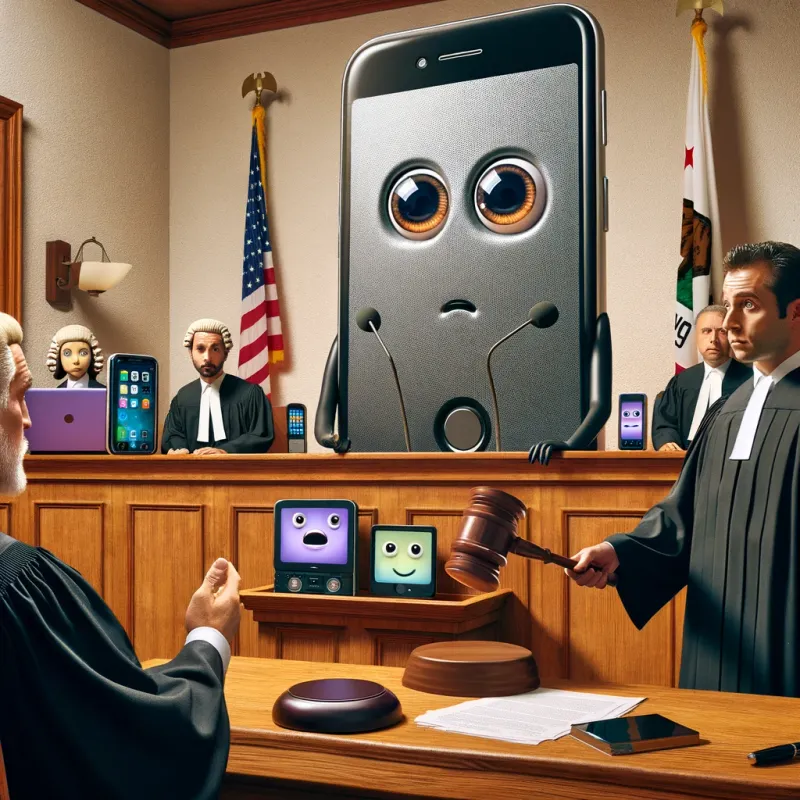Texts and more in Elder Care Law
May 13, 2024

Elder care law, also known as elder law, encompasses a broad range of legal issues affecting older adults, including elder abuse, financial exploitation, and guardianship disputes. In this digital age, evidence extracted from cell phones and messaging apps has become increasingly valuable in these cases. Text messages, WhatsApp messages, voicemails, and other digital communications can play a pivotal role in substantiating claims and ensuring justice.
Types of Useful Evidence in Elder Care Law Cases
Text Messages and SMS:
Text messages can reveal crucial conversations between caregivers, family members, and the elderly person. These messages might include evidence of abuse, neglect, or financial exploitation. For example, a string of messages might show a caregiver requesting money under suspicious circumstances or making threats.
WhatsApp and Other Messaging Apps:
Applications like WhatsApp, Facebook Messenger, and Signal provide a rich source of evidence due to their widespread use. Messages, images, and videos shared on these platforms can capture abusive behavior, exploitation, or neglect. The encrypted nature of some messaging apps can sometimes complicate the extraction process, but specialized tools and legal processes can overcome these hurdles.
Voicemails:
Voicemails can be particularly compelling in elder care cases. They can capture the tone and context of conversations, often revealing more than text-based communications. A voicemail from a caregiver making threats or an elderly person pleading for help can be powerful evidence.
Emails:
Emails are another critical piece of digital evidence. They often contain more detailed information than text messages or chat app communications and can include attachments such as documents or photographs that support claims of abuse or exploitation.
Social Media:
Posts, comments, and private messages on social media platforms can also provide valuable insights. They might show interactions that indicate neglect or exploitation or reveal the mental state of the elderly person.
Legal Precedents and Court Rules
The admissibility of digital evidence in court has been reinforced by numerous legal precedents. Courts have generally recognized the validity of text messages, emails, and other digital communications, provided they can be authenticated. For example, in State v. Thompson, 2018-Ohio-2506, the court ruled that text messages were admissible as evidence of communication between the defendant and victim.
The Authentication Process
For digital evidence to be admissible, it must be authenticated. This process involves proving that the evidence is what it claims to be. Federal Rule of Evidence 901 provides guidelines on authentication, stating that the proponent must produce evidence sufficient to support a finding that the item is what the proponent claims it is. This can include testimony from a witness with knowledge, distinctive characteristics, or evidence from an expert witness who can confirm the origin and integrity of the data.
The Role of Digital Forensics
Digital forensics plays a crucial role in extracting and preserving digital evidence. Specialists use advanced tools to retrieve data from cell phones and other digital devices, ensuring the integrity and authenticity of the evidence. This process is essential in elder care law cases, where the reliability of evidence can significantly impact the outcome.
Conclusion
In elder care law cases, digital evidence such as text messages, WhatsApp messages, voicemails, and emails can be invaluable in proving claims of abuse, neglect, or financial exploitation. The ability to authenticate and present this evidence in court has been supported by legal precedents and court rules, highlighting its importance in the pursuit of justice. As technology continues to evolve, the role of digital evidence in elder care law will only become more prominent, providing new avenues to protect vulnerable older adults.
For legal professionals navigating the complexities of elder care law, leveraging digital evidence can make a significant difference. Services like Hearsay, which specialize in extracting and preserving such evidence, are essential tools in the fight for justice in elder care cases. Visit www.usehearasy.com for more information and how to get started.
---
Hearsay is a cutting-edge app designed to extract texts and other messages from cell phones for use in litigation. Tailored specifically for legal professionals, including lawyers, trial attorneys, mediators, and private investigators, Hearsay streamlines the process of obtaining and preserving digital evidence from mobile devices. By leveraging advanced forensic tools and techniques, Hearsay ensures that collected data is accurate, reliable, and ready for court use. Additionally, Hearsay provides valuable resources and insights through its blog, aimed at helping legal professionals stay informed about the latest developments and best practices in digital forensics and evidence management. Contact us at support@usehearsay.com.
Legal Disclaimer
We are not lawyers, and the information provided in this article is for general informational purposes only. It is not intended as legal advice and should not be relied upon as such. For legal advice specific to your situation, please consult a qualified attorney.
Here are some other interesting articles:
Interested in using Hearsay to get your client's messages? Click the links below.
Need something else? Contact us at hello@usehearsay.com.

Hearsay
The All-in-One eDiscovery Collection & Review Platform.
SOC2 Compliant
Platform
Practice Areas
© 2024-2026 No More Screenshots, Inc. All rights reserved.


